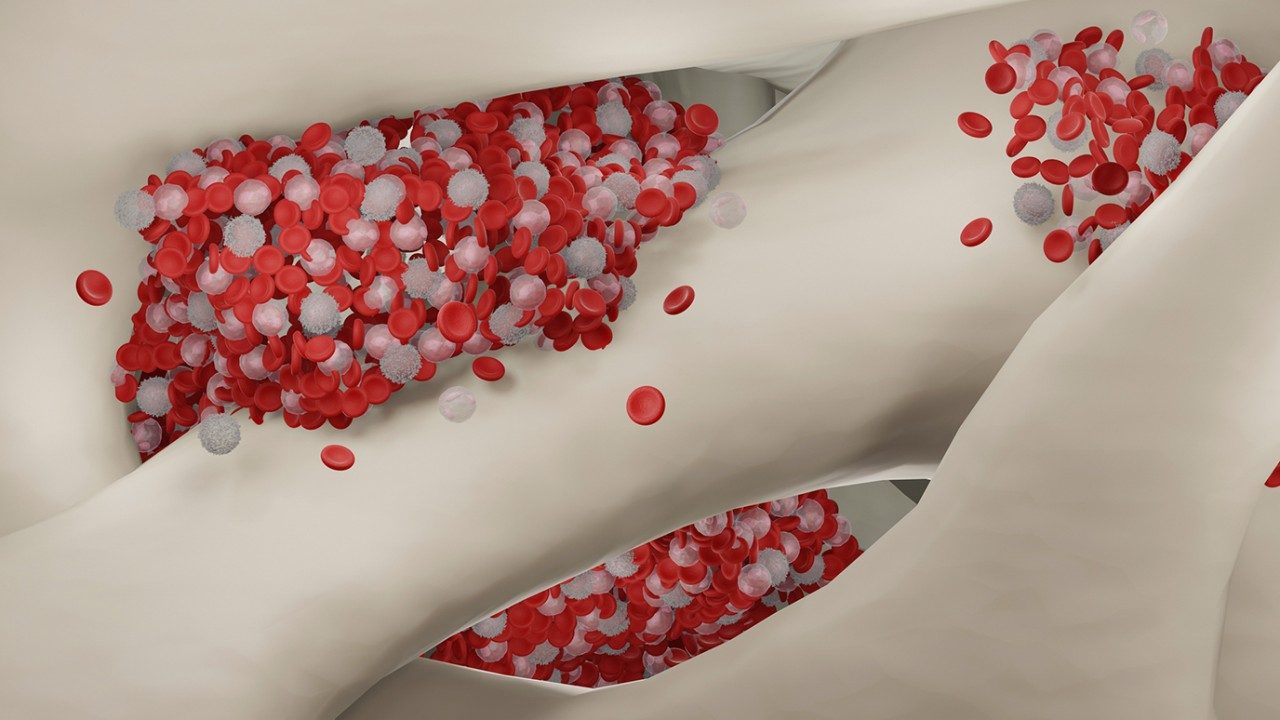9 sunscreen myths debunked
Sunscreen is a hot topic – and not just because it’s a summertime staple!
There are also many myths and misconceptions surrounding...

3 things to know about AI and cancer care
Artificial intelligence (AI) has the potential to shape nearly every aspect of our lives – including cancer care. At MD Anderson, we...
Newest research in sarcoma
Sarcomas are a broad group of cancers that originate from connective tissues, such as the blood or lymph vessels, gastrointestinal...
HPV tests with self-collection: What to know
This month, the Food and Drug Administration (FDA) approved self-collection to test for HPV, the virus that causes cervical cancer. As...

What’s new in leukemia research?
Leukemia is an overarching term encompassing several subtypes of blood cancers. Blood cells are produced in the bone marrow, the...
Phobias and cancer treatment: What to know
Cancer is incredibly stressful. Phobias, or intense fears, can add another layer of stress and anxiety to the process – especially...
Urothelial carcinoma: 8 insights about this common bladder...
Urothelial carcinoma is cancer that develops in the urothelial cells. These cells are located in the urothelium, which lines the...
Researcher studies tumor cell interaction to improve...
Kenneth Hu, Ph.D., first got a taste of what it’s like to work in a real science lab as a senior in high school. He was part of a...
Stage IV melanoma survivor: Dark skin won’t protect you...
I’ve always been aware of my body. So, when something goes awry, I follow up. Any time I notice something unusual, or just don’t feel...
4 thoracic anesthesia questions, answered
Patients with cancer may undergo anesthesia for many reasons, including MRI, pain management techniques or surgery. The method uses...
Colorectal cancer nurse inspired by patients every day
Regina Dela Cruz knows that being an oncology nurse is not for the faint of heart. But the inspiration she receives from her patients...
How is pain psychology used in cancer care?
Pain is the body’s warning signal. The brain processes, interprets and uses pain to warn our bodies of danger and threat.
Unlike...
Breast cancer survivor: Why I joined a clinical trial at MD...
After watching a relative’s local doctors coordinate their cancer treatment with specialists from MD Anderson years ago, I remember...
What’s new in immunotherapy for prostate cancer?
One of the earliest immunotherapies approved by the Food and Drug Administration (FDA) for the treatment of cancer was a vaccine...
Orthopedic oncologist passionate about helping patients...
Valerae Lewis, M.D., always knew she wanted to be a doctor. Math and science fascinated her. She liked working with her hands. As a...
Peritoneal cancer: 8 questions, answered
Peritoneal cancer is a rare cancer that develops in the peritoneum, the tissue made of epithelial cells that line the abdominal wall....
‘How I knew I had stomach cancer’: Six survivors share...
Abdominal pain, heartburn and fatigue can sometimes be symptoms of stomach cancer. But they can also be the result of overeating,...
Advances in cancer neuroscience and drug discovery could...
MD Anderson is known for its cancer care and research. But did you know that for more than a decade, MD Anderson researchers have been...
Ascites: 8 things to know about this ovarian cancer symptom
Ascites is the accumulation of fluid in the peritoneal space of the abdomen. Though it can be caused by several non-cancerous...
Survivor’s guilt: what it is and how to manage it
The emotional impacts of cancer can last long after treatment is completed.
Guilt is just one of the many emotions that may come up...
Retinoblastoma: 7 insights on this rare eye cancer
Retinoblastoma is a cancer that forms in the retina, a layer of tissue in the eye that’s sensitive to light. It’s a rare eye cancer,...



















